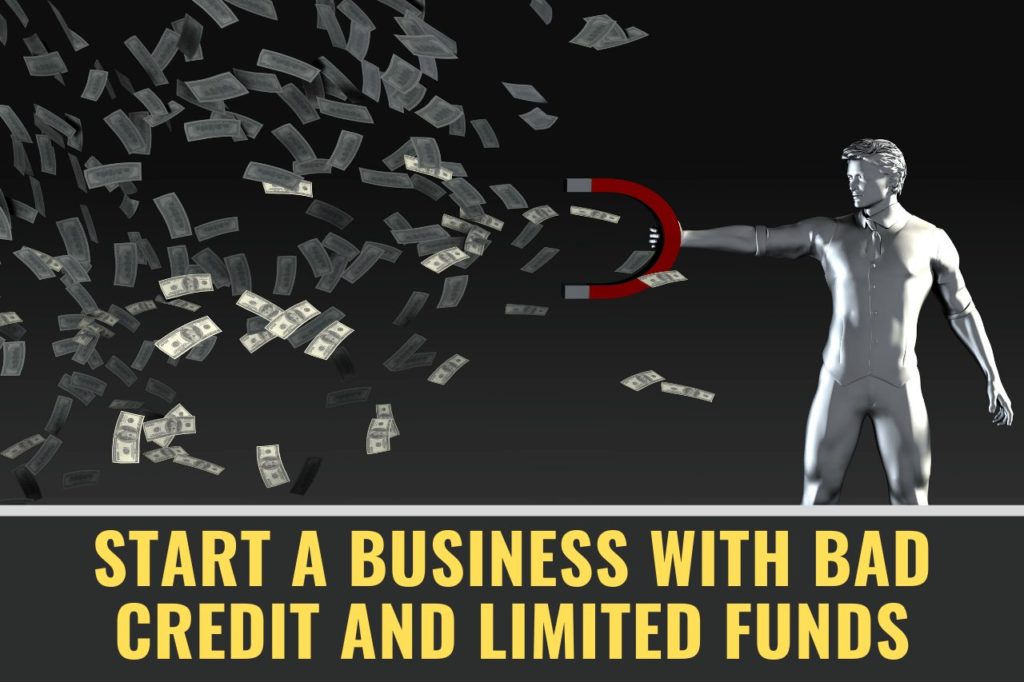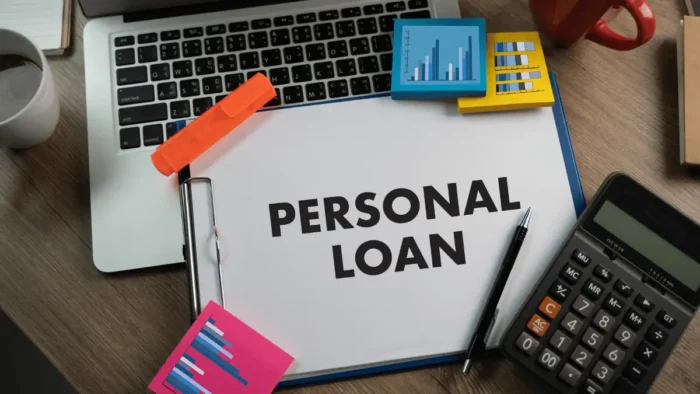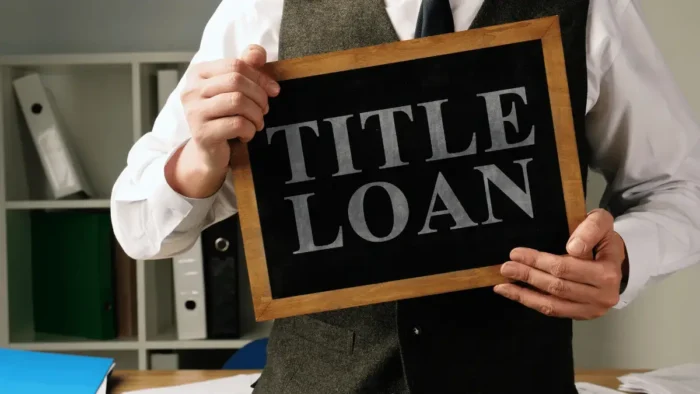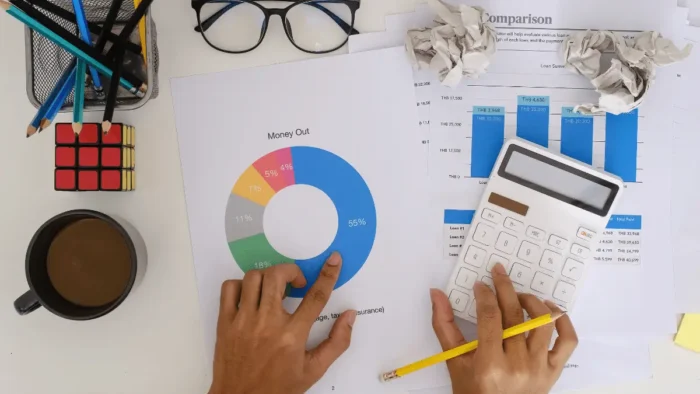The average cost of starting a business in the United States is approximately $30,000. For a budding entrepreneur out to get their business off the ground, this figure can be out of reach.
Of course, you can get a business loan to finance your start-up. But getting a conventional bank loan requires you to have good credit. This is often discouraging for aspiring business owners who do not have stellar credit.
Not having a stellar credit does not necessarily mean that all is lost. There are other options to start a business with bad credit if you’re determined to.
In this comprehensive guide, we give you eight options for starting a business with no money and bad credit. Read on to learn more.
What Is Bad Credit
Bad credit describes a record of failures to keep up with payments on one’s credit agreements. The result is that the person is unable to be approved for new credit.
Typically, bad credit means that you haven’t paid your credit on time or at all. The credit report will also take into account any federal and state liens, legal judgments against you, and bankruptcies.
With bad credit, it becomes very difficult to obtain an unsecured working capital loan for your start-up.
How to Start a Business with Bad Credit
So how do you go about starting a business with bad credit and no money? Check out these eight common options:
Social Lending Sites
In recent years, social lending sites have proliferated the internet. These sites provide unsecured working capital for entrepreneurs.
Social lending sites allow members to lend and borrow from each other. To gain access to capital, a member tells their story directly to prospective funders.
Besides making it possible for you to start a business with no money and bad credit, loans from social lending sites typically have lower rates compared to those from conventional lending institutions.
Micro-Credit Organizations
The primary purpose of micro-credit institutions is to assist new and growing businesses that have been turned down by traditional lenders to get capital. Most micro-credit organizations are non-profit institutions and are backed by the SBA. These organizations understand the tough challenges that entrepreneurs encounter while trying to get their business ventures off the ground, so they go out of their way to help.
Besides giving loans to struggling business owners, micro-credit institutions provide valuable guidance to guide you to success.
Equipment Lenders
Most small businesses require certain equipment to keep operations running, such as computers, copy machines, machinery, and so on. When you’re looking for working capital but have poor or no credit, consider using your equipment as collateral to secure a loan. There are lenders in the market who only provide such types of loans.
Equipment lenders usually work with start-ups. They provide extremely flexible programs that meet the specific needs of such businesses and don’t lay emphasis on your personal credit history.
Grants
The United States government has a propensity for helping people get employment. The vast majority of new jobs in the country are created by small businesses. The government thus frequently provides grants to help people that need it.
Take the time to find out what grants the government may currently be giving to small businesses, and take advantage of them.
Business Cash Advances
A business cash advance is available for aspiring entrepreneurs with low credit scores but who don’t mind sacrificing some of their future profits. The cash advance provides you with some quick cash flow until your start-up has a stable financial footing.
As soon as you and the provider have green upon the amount you’ll pay back, they release the money to you right away. You’ll then pay back the money plus a portion of your revenues back. A cash advance isn’t purely a loan, but it still carries an interest rate.
A Home Equity Loan
Another sure source for funds to start a business is by taking out a home equity loan for your start-up. The good thing with this type of loan is that you borrow against your home’s inherent value, so there’s no need for a third party.
If you make up your mind to take a home equity loan, proceed with lots of caution. Remember that you’re using your home as collateral, so you stand to lose it in case your business fails, and you’re not able to pay back the loan. Therefore, it is best to consider this type of loan if your credit is starting to rise.
Friends and Family
Relatives, friends, and family members may be happy to finance a new business, even if partially. Generally, people close to you are invested in your dreams, success, and happiness. As long as you’ve cultivated a high level of trust, the lenders you know personally don’t mind about your credit score.
Of course, you’ll want to go out of your way to honor any commitments you make. Failing to pay back money owed to friends and family members can lead to broken relationships.
Plain Green Loans
You’ve probably heard of Plain Green Loans, the company founded in 2011 that provides bad credit tribal loans. Typically, the lender offers you a fast cash installment regardless of how your credit looks. It’s one of the best sources of capital for people with bad credit.
Because Plain Greens Loans operates in a sovereign country, the company enjoys tribal immunity, meaning it’s not under state laws in the US. The interest rates you’re going to pay to vary depending on your credit-worthiness and the loan amount. Typically, the interest rate the loan attracts is roughly 438% APR.
The simplicity and convenience of tribal loans are what attract people to them. Besides, you receive funds within a day.
You Can Start a Business Even With Bad Credit
Figuring out how to start a business with bad credit is never easy. However, there are still many ways you can get the capital you need for all the start-up expenses you’re sure to encounter. Would you like to read more great content like this? Please keep visiting our blog.





